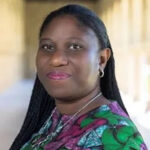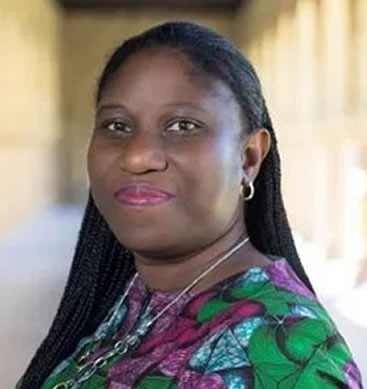
Executive Director/Chief Executive Officer of Wole Soyinka Centre for Investigative Journalism
The Wole Soyinka Centre on Investigative Journalism (WSCIJ) on May 16 and 17, 2023, conducted a two-day training for its partners on its Collaborative Media Engagement for Development, Inclusion and Accountability (CMEDIA) Project in an effort to equip reporters and editors with the necessary skills to conduct investigative reporting.
Though the training was virtual, the sessions were interactive and comprised of plenary presentations, breakout and group works, debriefing, comments, questions and answers, the training was conducted by editors who are experts in the fields of investigative reporting.
On the first day, Mr. Idris Akinbajo, Managing Editor of the online newspaper, Premium Times took participants in two sessions: “What Investigative Journalism is not”, and “Mastering the Art of Writing Logical and Engaging Stories.”
Idris first delved into what investigative journalism is, saying it has various definitions but that all are centered around four themes/elements: its motivation must be around issues of overwhelming public interest; its method must be around in-depth and systematic scrutiny (public and private data, etc); it must involve original research and reporting, not reporting of already available findings; and it must seek to unearth a secret people or institutions are keeping away from the public.
He thereafter went into various other aspects of investigative journalism including story pitch, aim, the difference between story idea and pitch, sources, roadmap, etc., and differentiated between investigative reporting and features writing.
Idris’ second presentation was titled “Mastering the Art of Writing Logical and Engaging Stories” through which he took participants through writing engaging investigative stories in a logical manner.
After each presentation, participants go into breakout sessions for group work, followed by debriefing from the groups on the presentations, return to plenary and then comments, questions and answers on the presentations.
On the second day of the training, the sessions began with a recap of the activities of the first day. This was taken by Prof. Abigail Ogwezzy-Ndisika who moderated the plenaries for the two days.
The recap of day one activities was followed by the two presentations for the day, both taken by Ms Stella Iyaji, Managing Editor of Daily Trust newspapers.
The first presentation she took was titled “Ethics in investigative reporting: navigating legal pitfalls.”
Stella made the point that in conducting investigative report, a journalist is going dig into information that some people do not want to go into the public domain and which may cause job loss and even imprisonment. She said in investigative journalism, the stakes are high and because of that, investigative stories must be airtight, ensure that not window is left open as it can be exploited to make nonsense of the story. She said journalists must make sure they get every angle to the story knowing that lawyers are waiting to go to court if they find any loophole.
She reminded that documents are not the story but just where to start and a journalist must do his/her independent investigation of any document they have, have it at the back of their mind that a person who gives the document may have a motive.
She advised investigative journalists to read extensively in order to have adequate knowledge of their subjects; that journalists should ensure they do interviews keep the recording; she asked journalists to respect any information given “off the record”; attribute sources and respect intellectual property to avoid infringement of copyright and also avoid plagiarism; a journalist should not come to a conclusion before they investigate.
She also advised reporters should always verify photographs, avoid matters in court, hide identity of minors, minors, avoid generalisations, differentiate between undercover and hacking, do not be in a hurry to go to press.
In the second presentation titled “Holistic safety: staying safe while doing investigative reporting, she gave a number of tips on staying safe while conducting investigative journalism.
For the safety of reporters carrying out investigative journalism, she offered some tips on their safety. She said a journalist going into investigative reporting has to be psychologically ready; should read up about the area he/she are going into including the people, the weather, food etc., to help him/her better prepare for the work; the editor and media outlet must be aware of and have approved of the trip. She advised that a reporter should not seek to surprise his/her editor.
She also advised reporters taking insurance cover, arranged by the media organisation; investigative reporters should avoid making calls during their trips and talking about the investigation they are embarking on; be careful about their contributions to general discussions in the vehicle or elsewhere while on such trip; get a fixer, somebody who knows the terrain and can speak the language of the area; reporters should take extra cash to avoid being stranded; dress appropriately; reporters should not flaunt their gadgets; female journalists should not go alone; and ensure they stay in a safe and decent place but definitely not on the ground floor etc.
The Wole Soyinka Centre on Investigative Journalism (WSCIJ) coordinates the Collaborative Media Engagement for Development Inclusivity and Accountability (CMEDIA) Project, a multi-level intervention initiative being implemented by 27 partners over a three-year period. It seeks to improve accountability at various levels of government, including Federal, State and local governments. The project which will run from 2022 until the end of 2024 is being funded by the MacArthur Foundation through the WSCIJ.






